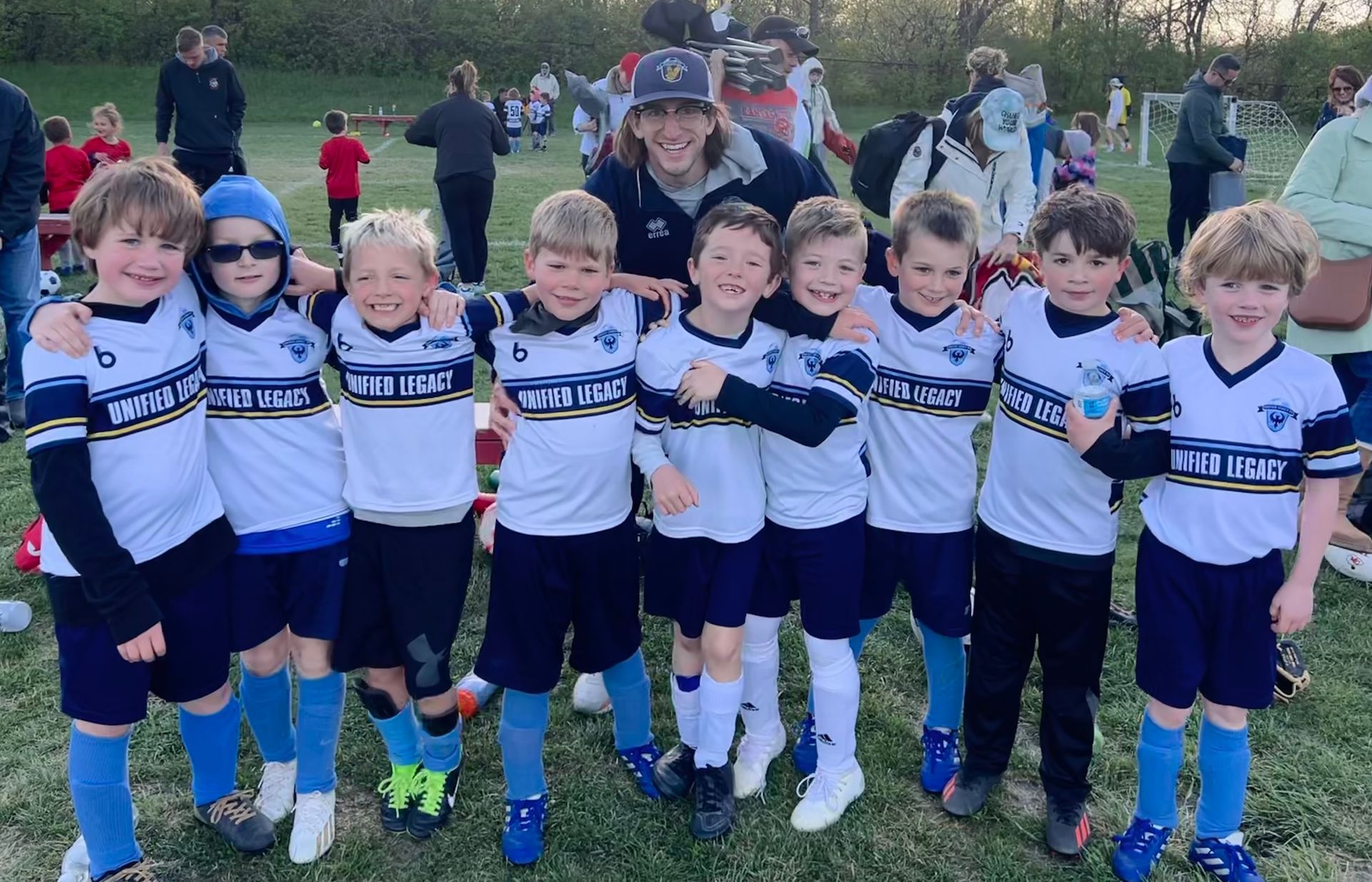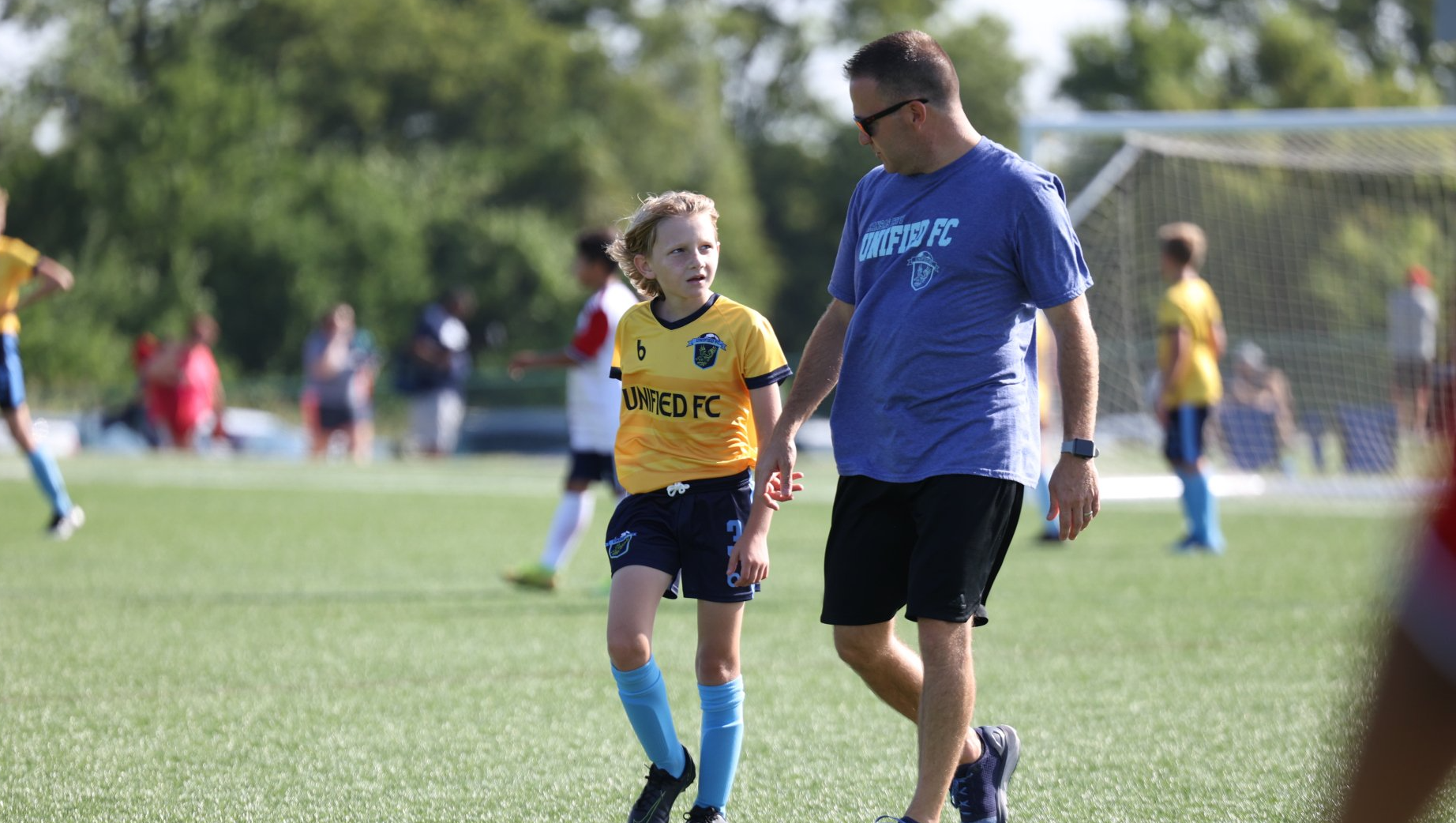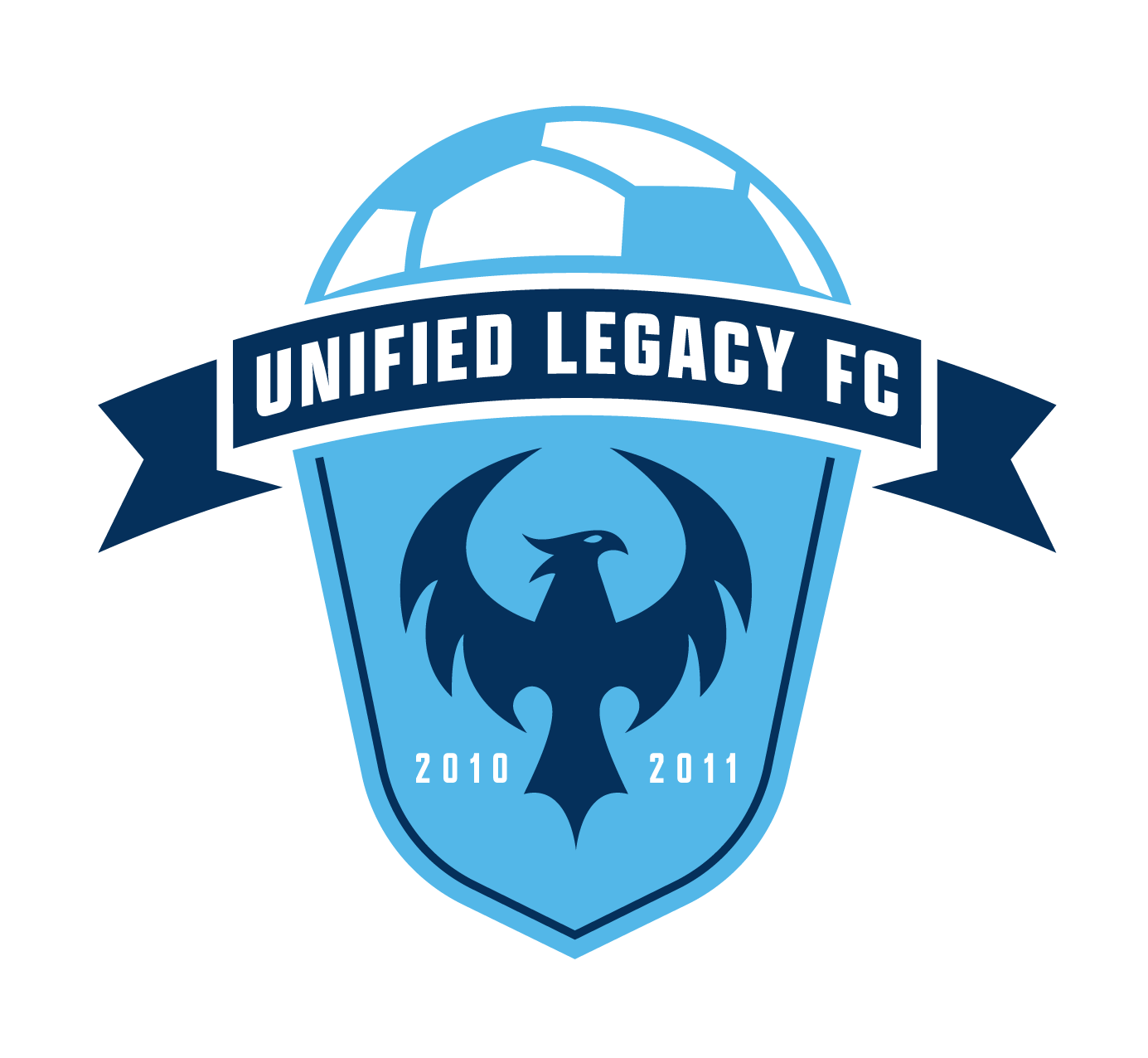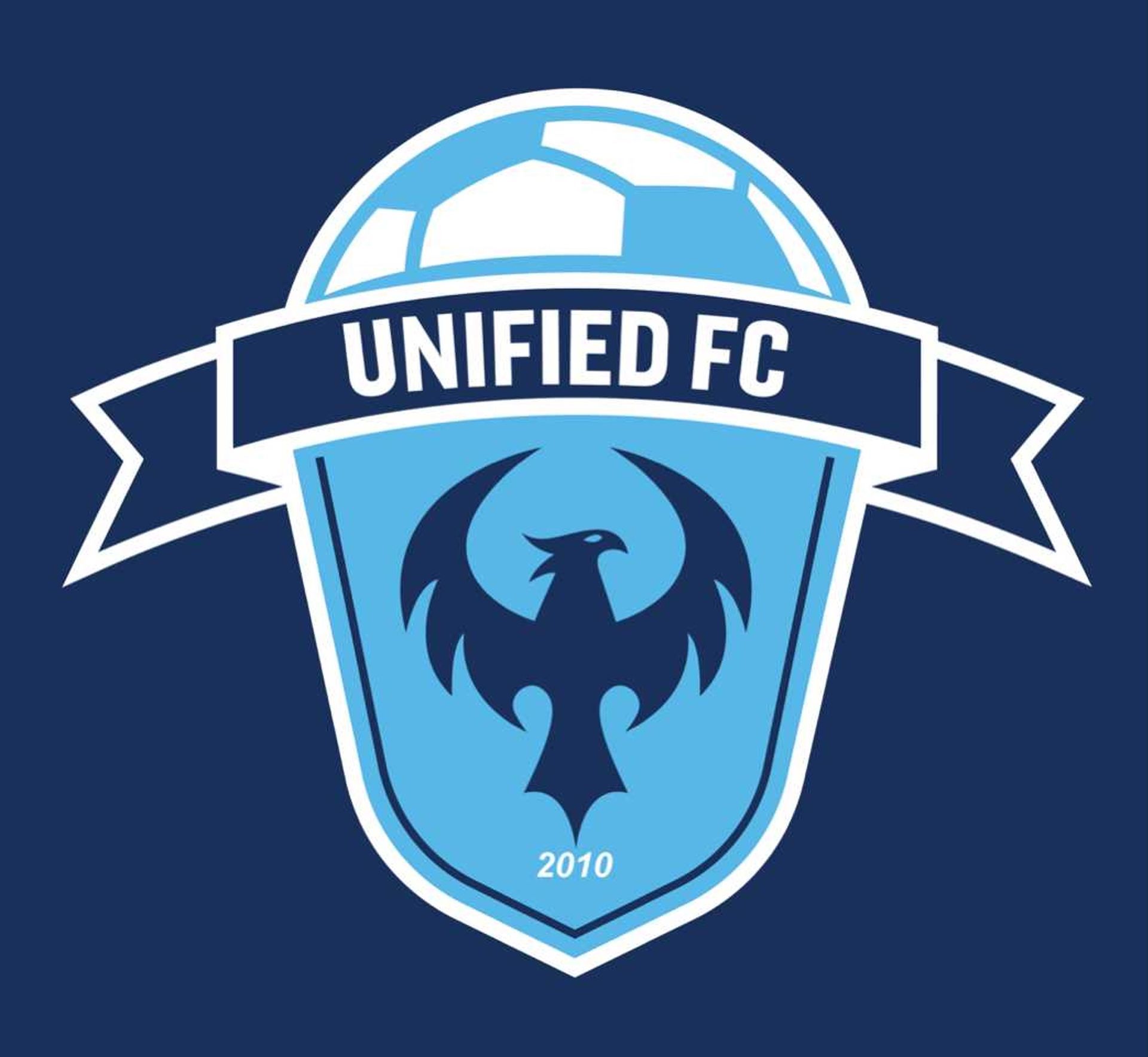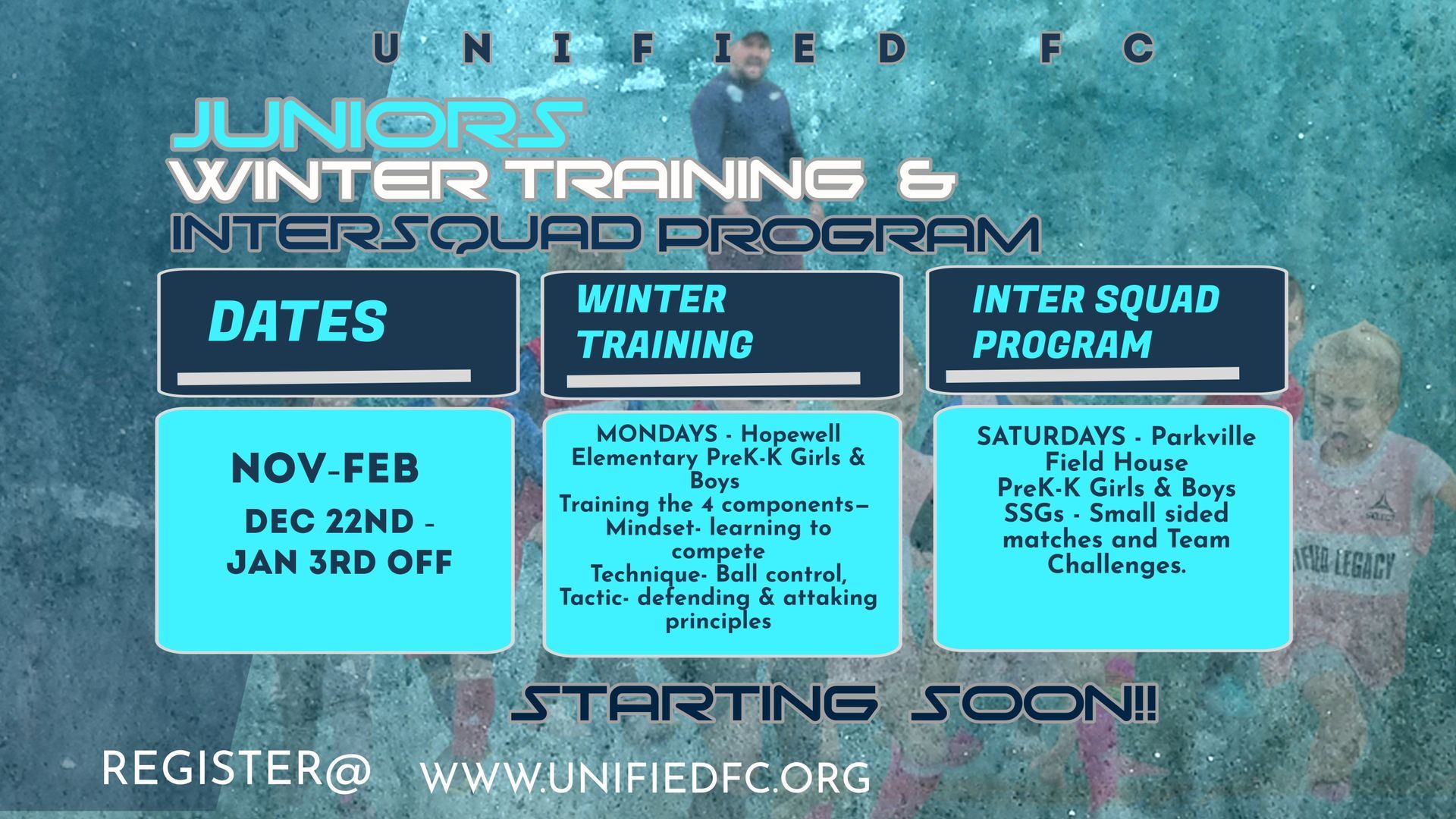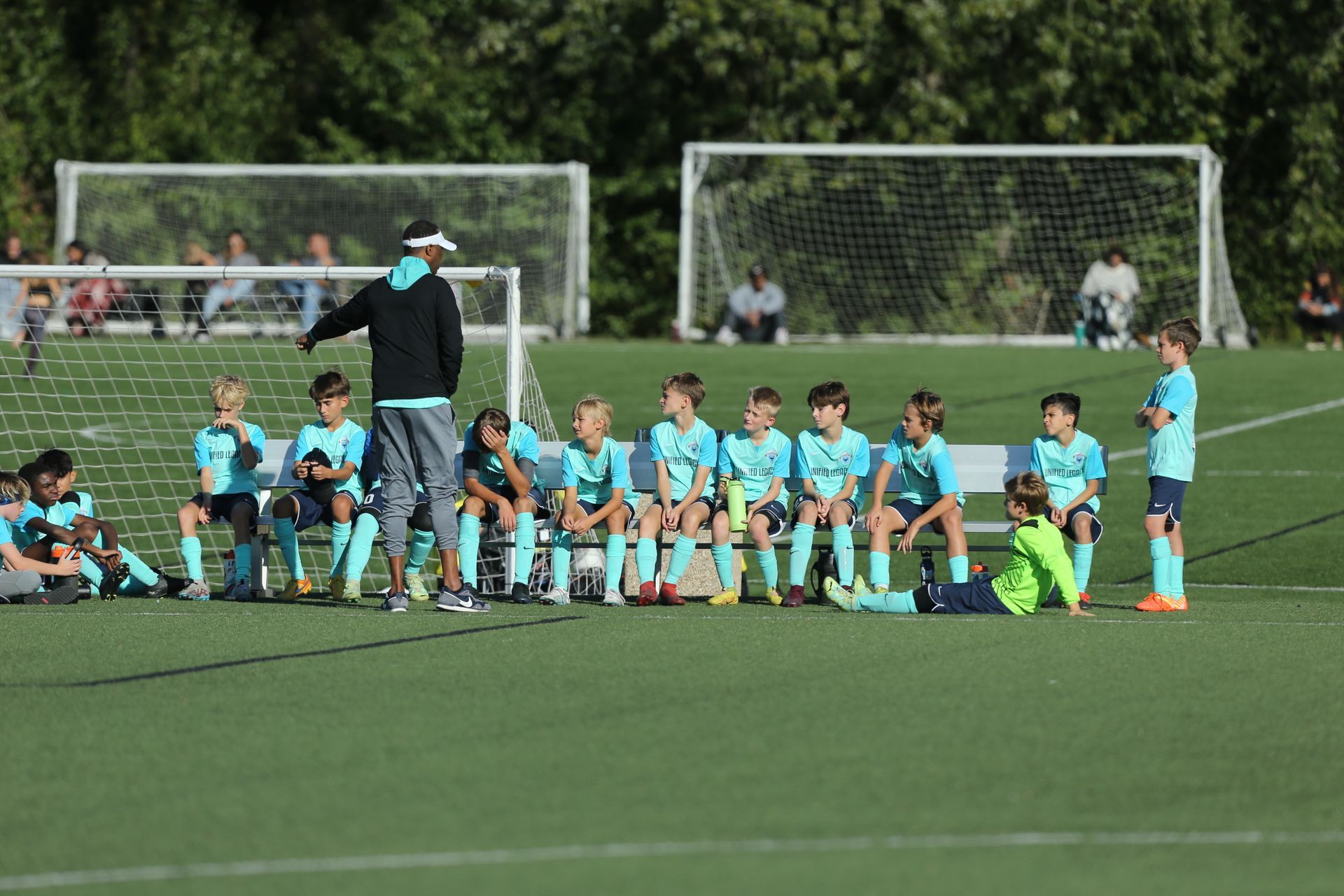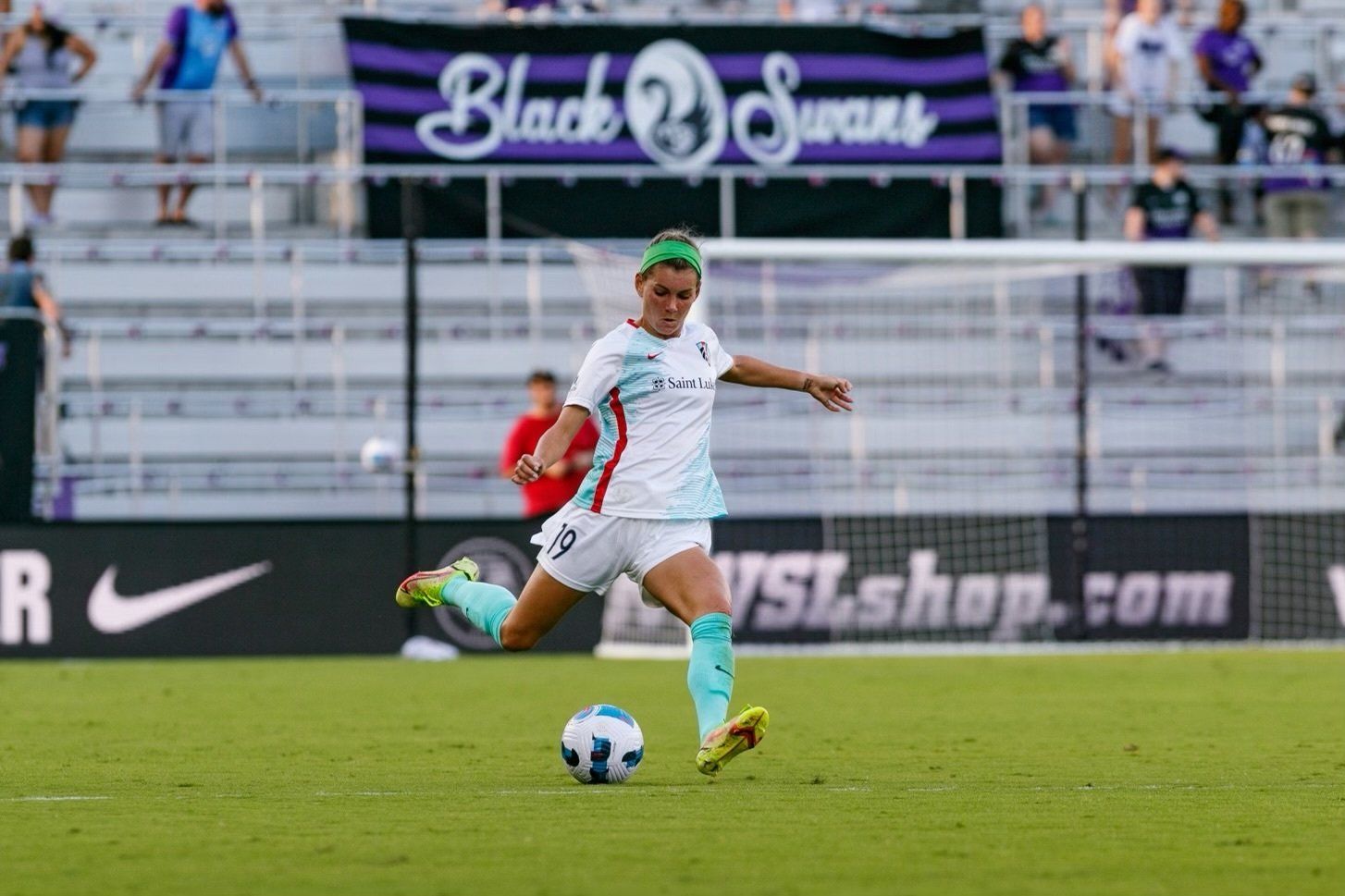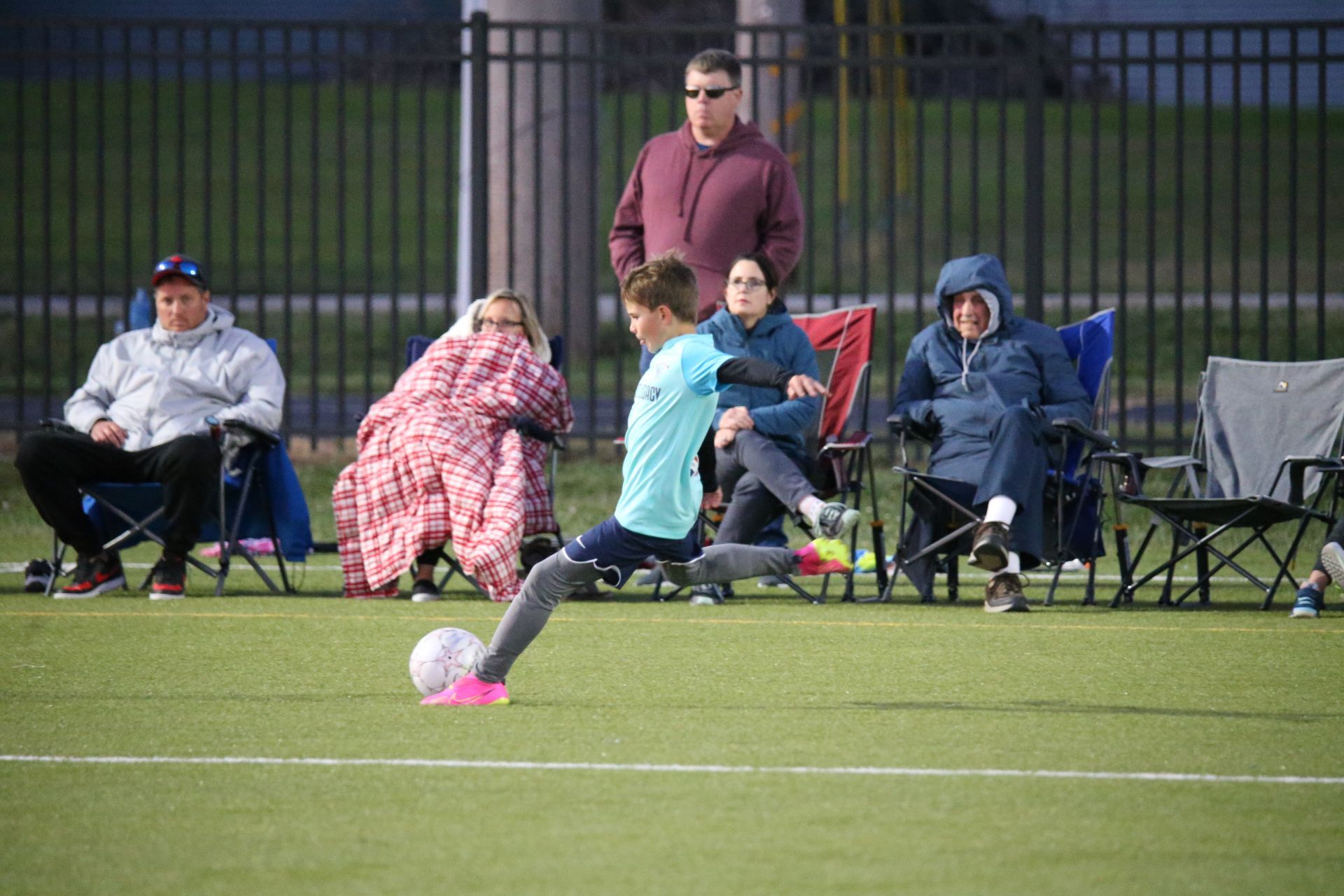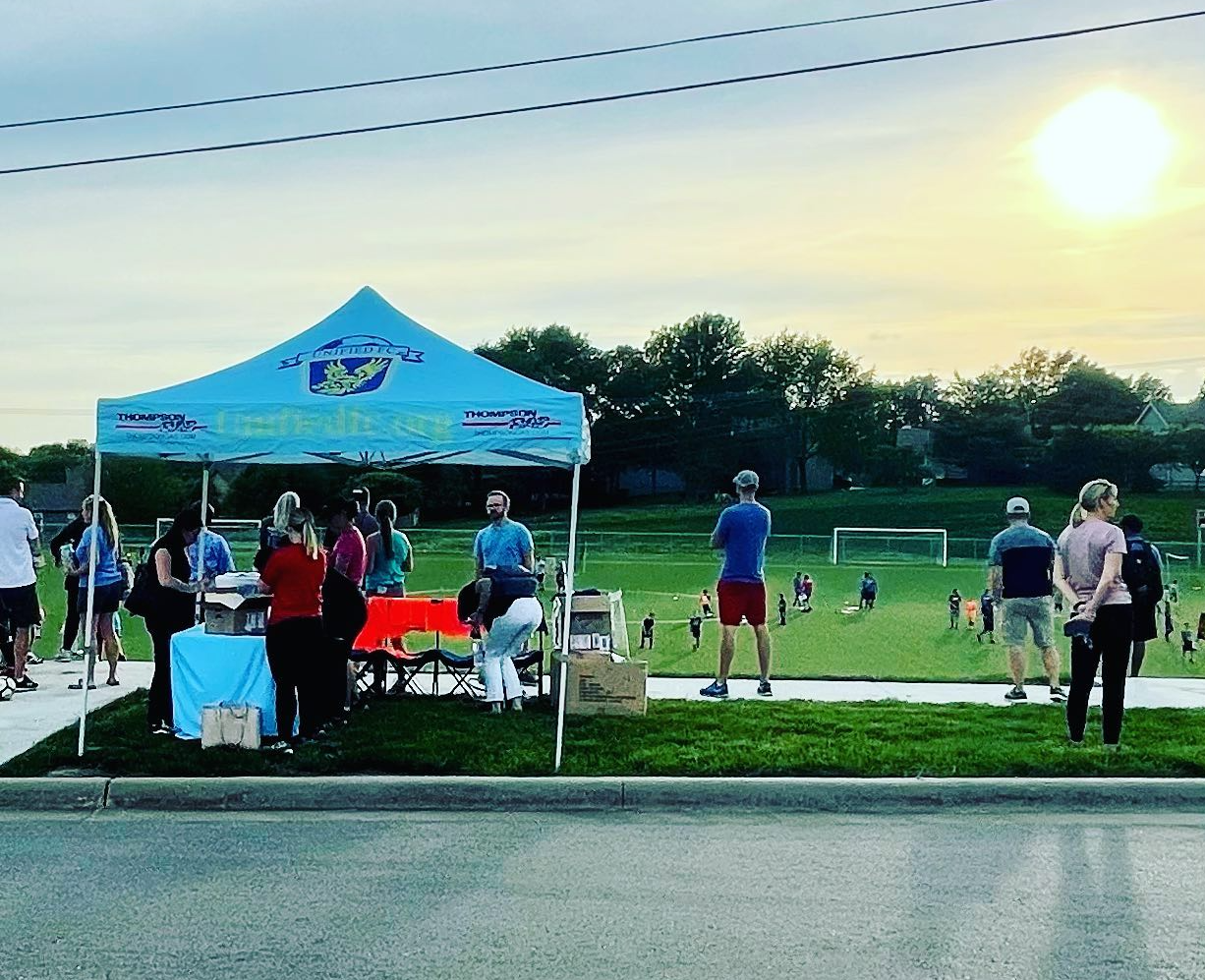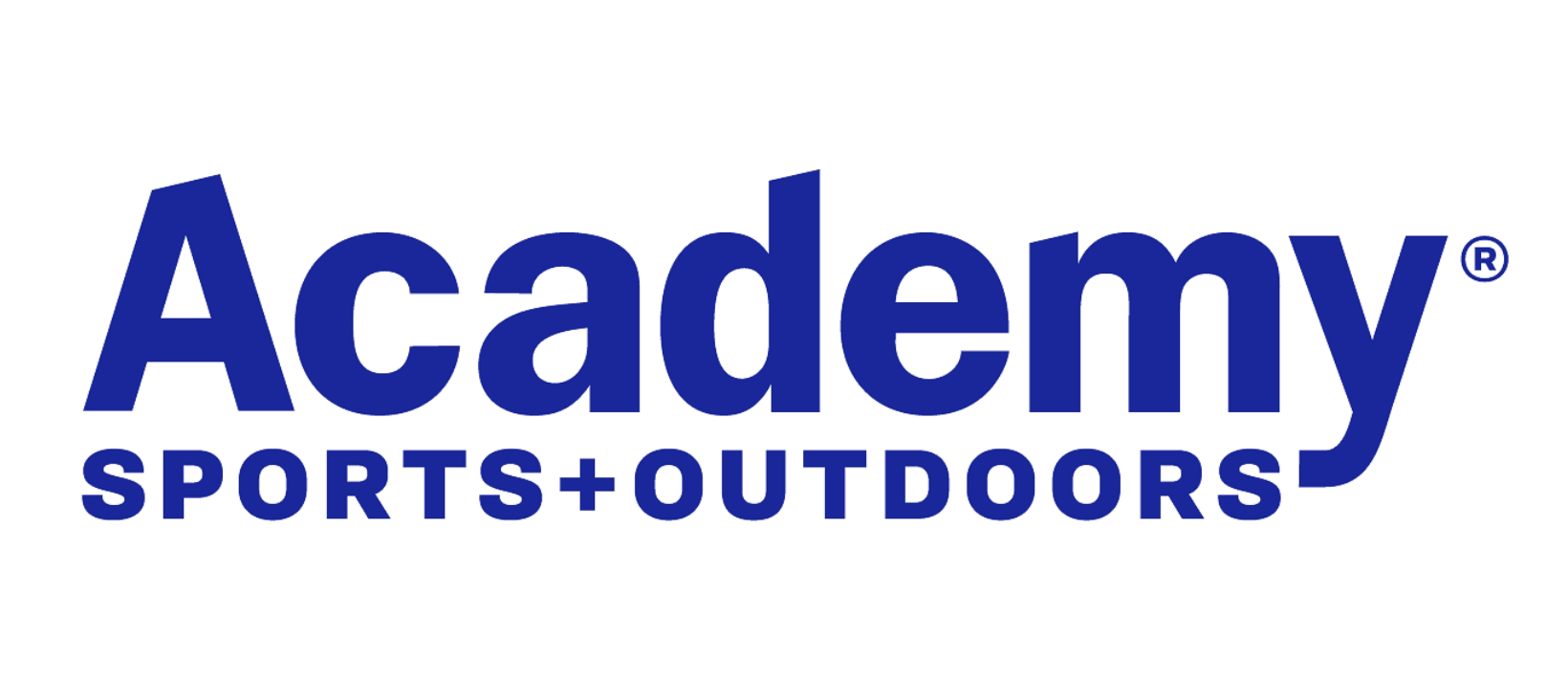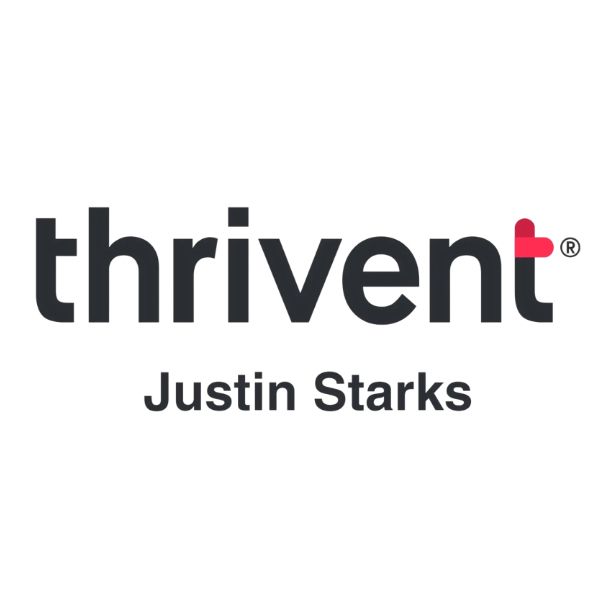What to Expect: Moving from Recreational to Competitive Play
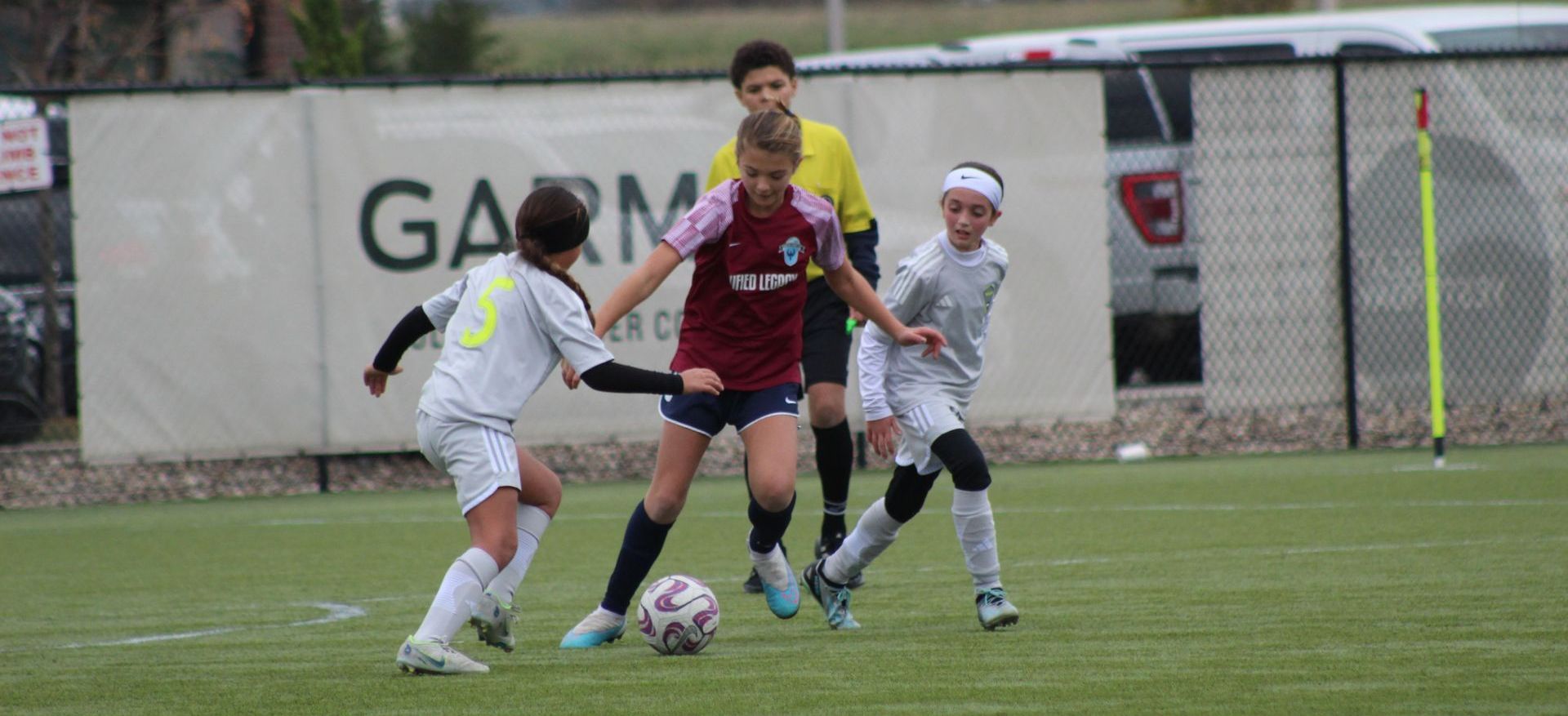
Congratulations! The transition from recreational (often through NSA) to competitive play on a Pre-Academy team (with Heartland or Paragon Star league) is an exciting evolution in a player's development. Being offered this opportunity means a coach or other Unified Legacy FC staff believes your child has the necessary skills, dedication and mindset to rise to this challenge. However, this comes with many changes for players and families alike, on and off the field. Below are some of the things you can expect from your experience on a competitive Pre-Academy team at ULFC.
Summary
- Training 2x/week in fall and spring; 1x/week in winter
- League play at Heartland with 8 games in fall and spring
- League selection during winter will vary by team but will include games throughout the winter months
- Tournaments, at least one per season in fall & spring
- Higher level of commitment, costs, expectations and competition
Commitment
- Attend all practices and games with few exceptions
- If there is an ongoing conflict with practice time, request help from the manager or coach to identify an alternate training session with another team in the club.
- Missing games should happen rarely. The team environment relies on each player to attend consistently.
- Game availability should be updated in Playmetrics at a minimum. Communicating directly to the coach as early as possible when a game will be missed, fully or partially, is appreciated.
- Practice at home
- Training twice a week is the minimum and is the time they will be actively ‘coached’ but players should try to touch the ball as often as possible.
- Annual commitment through fall, winter & spring
- Rosters are generally set for a full year, with team assignments decided at summer tryouts that will start with the fall season. It is difficult to back-fill an open spot on a team for just one or two seasons as the official state-wide recruiting window is only open for a limited time during the summer.
Expectations
- First and foremost, this will be a fun and exciting opportunity that will help your child form lasting friendships, develop leadership skills, learn to work well in a team environment and build their ability to meet and overcome challenges.
- During training, coaches will expect that players are able to pay attention, follow directions, and maintain focus. Attentiveness & coachability is key to a player’s success.
- Playing time and starting status can change based on practice attendance and effort.
- Playing time will not always be equal across all members of the team, though all players can expect to have a reasonable amount of playing time.
Team & League Detail
- Team Assignments
- Teams are formed with a goal of identifying players at similar skill levels. This creates a balanced team so each player can contribute to the overall success of the team.
- While occasionally there is a need for a player to roster on a team at an older age group (playing up), this is an exception and only approved for players who are able to compete at this level. This is typically done in instances where there are not enough players at an age group or skill level to complete a team otherwise.
- Dual rostering & guest playing are tools that can be used to provide opportunities to a player who is being considered for a higher division or to support a team that needs additional players on a short-term basis.
- League
- Heartland games are hosted at four complexes, which have turf fields with lighting for evening games. Games are played Friday evenings, Saturdays, and Sundays.
- Scheels Overland Park Soccer Complex
- Garmin Olathe Soccer Complex
- Compass Minerals Sporting Fields
- Swope Soccer Village
- Paperwork is a necessary component of playing in the competitive environment in a league of this size
- Each player must be “carded” and then rostered on a team. You receive information on this process shortly after tryouts.
- You can assist in this process by maintaining up-to-date information in your player’s information in Playmetrics, including a current picture of your player. You will also be asked to sign waivers annually and provide a copy of your player’s birth certificate.
- Heartland also has specific rules about guest playing, which your manager and coach will help handle if your player is asked to play with another team as a guest.
- Divisions are formed by a combination of age and level of play
- Age groups are formed by birth year, regardless of grade level
- Divisions are formed by skill level, with D1 being the most competitive
- Each season, the league seeds teams based on previous league and tournament records. Often, the top 1-2 ranking teams from the previous season will move up a division while the lowest ranked team(s) will move down a division. The goal of this is to make sure each team plays a competitive schedule that challenges them without ‘blowouts’ that damage player’s confidence and love for the sport, as well as serving no developmental value to either team.
- If a team is entering their first season at Heartland, they may request a division but placement is ultimately up to the discretion of the league.
Cost
- With the move to a competitive team, there is additional cost. Because Unified Legacy FC is a not-for-profit organization, the costs to the player are representative of the cost the club incurs in supporting the needs of our players, teams and coaches.
- Examples of additional costs include: higher league fees (which include use of turf facilities and certified referees), higher rental fees for training on turf fields and tournament entry fees.
- The majority of costs are included in the annual fee, which may be prorated for monthly payment. This fee structure aligns with the expectation of an annual commitment to the team.
- Please see the website or contact info@unifiedfc.org for current rates.
